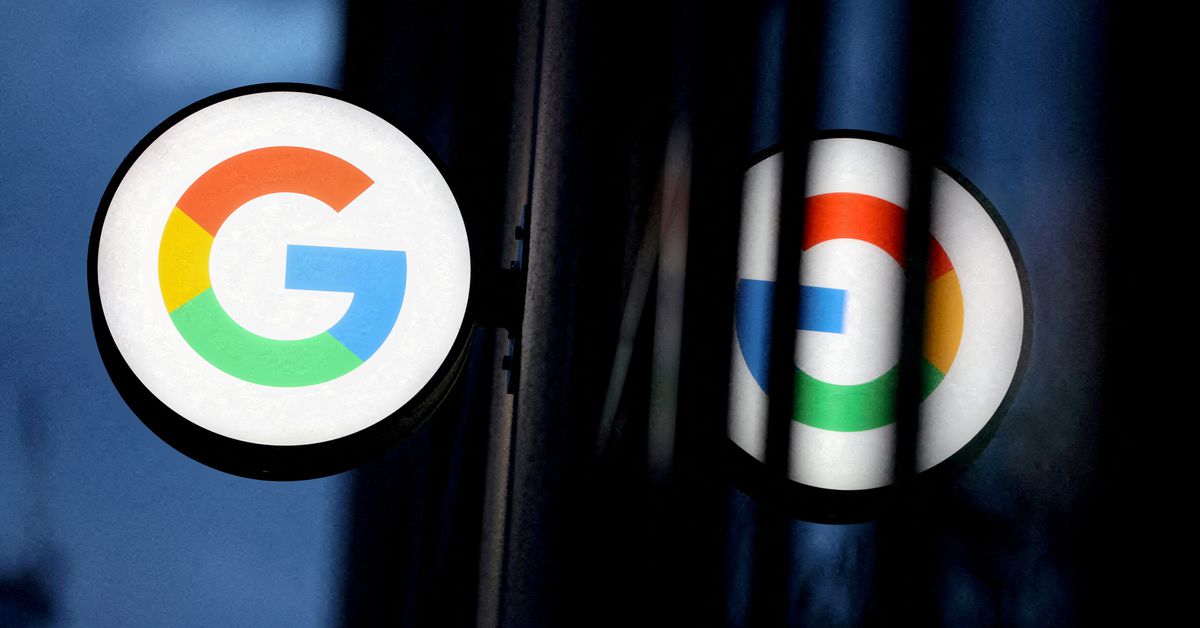- cross-posted to:
- technology@beehaw.org
- cross-posted to:
- technology@beehaw.org
Google owes $338.7 mln in Chromecast patent case, US jury says::Alphabet’s Google violated a software developer’s patent rights with its remote-streaming technology and must pay $338.7 million in damages, a federal jury in Waco, Texas decided on Friday.



Yeah, I think the hardest part is that distinction though.
Like in software you have patents for one-click shopping, minigames in video game loading screens, etc. - those aren’t hard-researched algorithms, they’re ideas.
I agree that those shouldn’t be patented - they’re ideas, not implementations. If you have a particular ingenious implementation for one-click shopping, go ahead and patent it. But don’t sue people if they come up with a different way to do the same thing - that just means your implementation wasn’t particularly novel.
So yes, there have been some bad software patents given out. That just means that the process for giving software patents needs to be reformed, not that we need to get rid of software patents.
Yeah, I agree on those examples. They should be able to patent their particular implementation - like maybe it took a lot of R&D to work out how to get server response times fast enough for one-click to work, or to get loading times fast enough to have a mini-game in the loading screen etc.
But they shouldn’t be able to patent the entire concept. That’s ridiculous.
You copyright implementations though, not patent them - that is what software copyright is.
Yeah, I guess it depends if the copyright is broad enough to offer protection while not becoming too broad and stopping innovation.